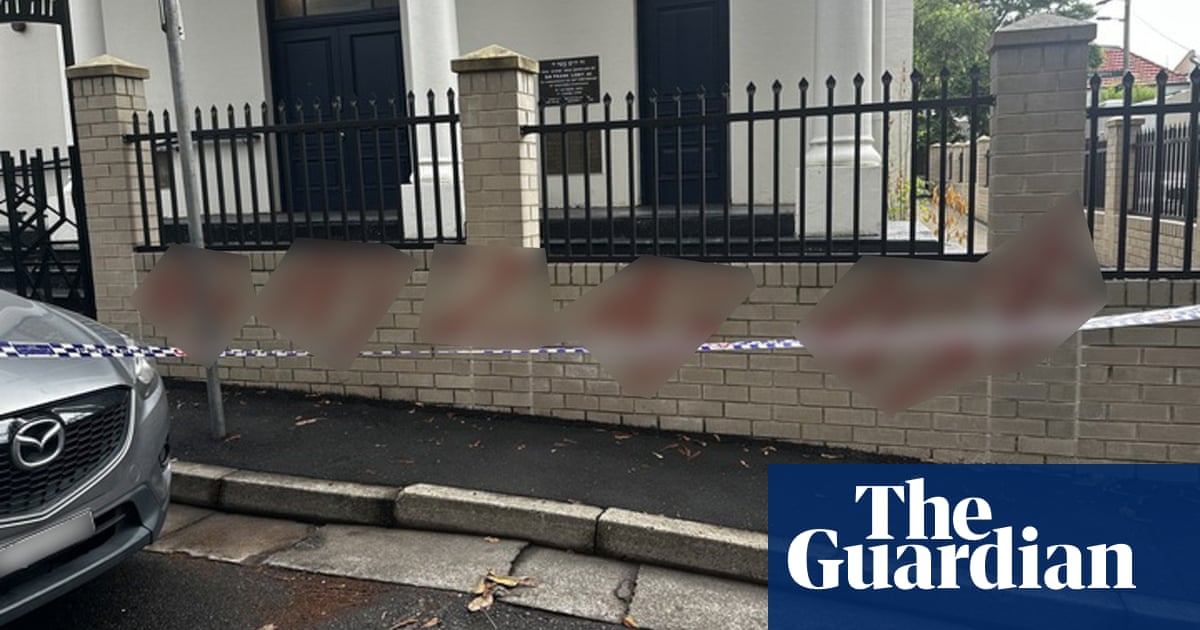A former student who was repeatedly restrained face down and once imprisoned for nearly five hours at a special school has been awarded £18,900 in damages.
The father of the student, who is now 25 and cannot be named for legal reasons, launched a claim against Mulberry Bush school in Standlake, Oxfordshire, on behalf of his son, who was a pupil there until 2009.
On 8 November, a high court judge found that the boy was restrained face down by staff three times and that others placed a towel around the door of his room to stop him leaving it 14 times.
The judge, Ms Justice Obi, ruled that the restraints constituted battery and that being prevented from leaving his room constituted unlawful imprisonment.
She also awarded aggravated damages because of the school’s “failure to appreciate the significance and seriousness of a member of staff using a face-down restraint”, with senior staff members aware that it had taken place.
Staff also continued to use the towel to restrict the pupil’s movement even after a social worker had warned against it.
Obi did not find the school guilty of negligence, on the grounds the actions were taken “as a last resort in the context of a well-managed school environment”.
Emma Jones, a partner at the Leigh Day law firm, said experts involved in the case were clear that face-down restraints should almost never be used for children because of the risk to life, except very exceptionally in hospitals and psychiatric units.
She said the judgment underscored how even schools that were rated outstanding by Ofsted could allow poor working practices to happen, and fail to ensure that “staff are following its own policies”.
The student’s father, who also cannot be named, felt the school was not the right fit for his son but struggled to get him moved owing to a shortage of Send [special educational needs and disabilities] places in the local area. He said the school had questioned his son’s autism diagnosis, and suggested he had emotional and behavioural difficulties, reflecting its specialism.
“From my point of view they weren’t putting the correct support in place, and it all went downhill from there. As a parent I felt I wasn’t listened to when I raised point, they were very set on doing things their own way,” he said.
He added that his son had been “extremely scared and very distressed” at the time, especially when he was restrained face down on a bed and found himself struggling to breathe. “Unfortunately the way he was handled just made his behaviour increasingly worse over time,” he said.
He felt concerned that the staff members involved were still “working with vulnerable people in the community”.
A school spokesperson said: “The Mulberry Bush school is naturally disappointed by the outcome of this case and is in the process of considering the available options, including potentially seeking permission to appeal.”
He added that there were parts of the judgment that were “inconsistent” with the findings of an earlier special educational needs and disability tribunal, which ruled in the school’s favour.
“We have been working with children and families affected by complex emotional needs for 75 years and always endeavour to do what is right and best for every individual child. This work is never done in isolation and we always work closely with everyone involved in a child’s care,” he said.
Mark Kerr, the chief executive of the Children’s Home Association, said it supported the school as it believed the ruling “not only unjust, but has implications for the wider sector as it suggests that necessary measures to manage dangerous behaviours in a residential childcare setting may not be interpreted fairly by law”.
“Sadly, through no fault of their own, traumatised children and those with the most complex needs sometimes present with extremely violent behaviours that risk injury to themselves, staff caring for them and others around them,” he said.

.png) 3 weeks ago
10
3 weeks ago
10













































